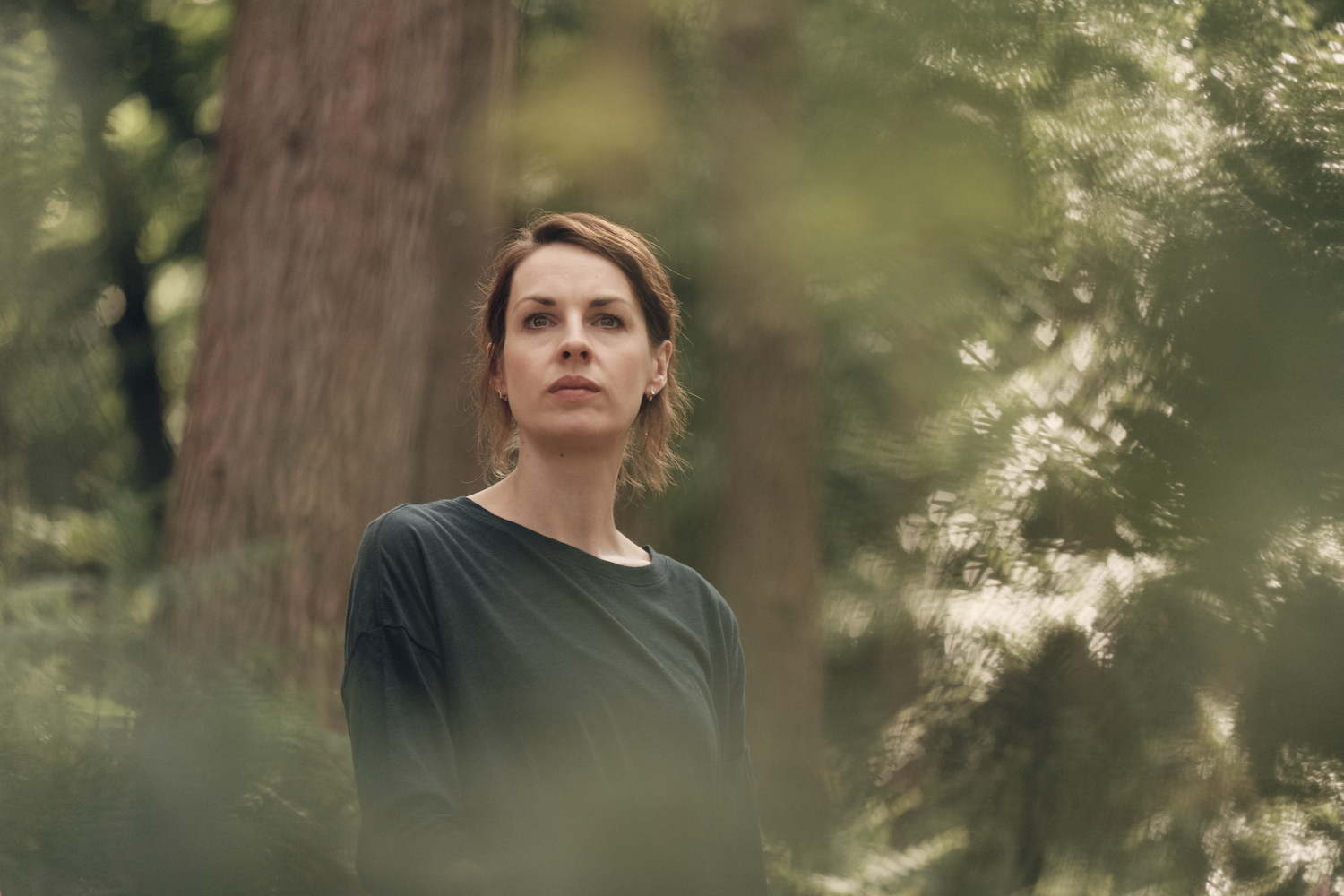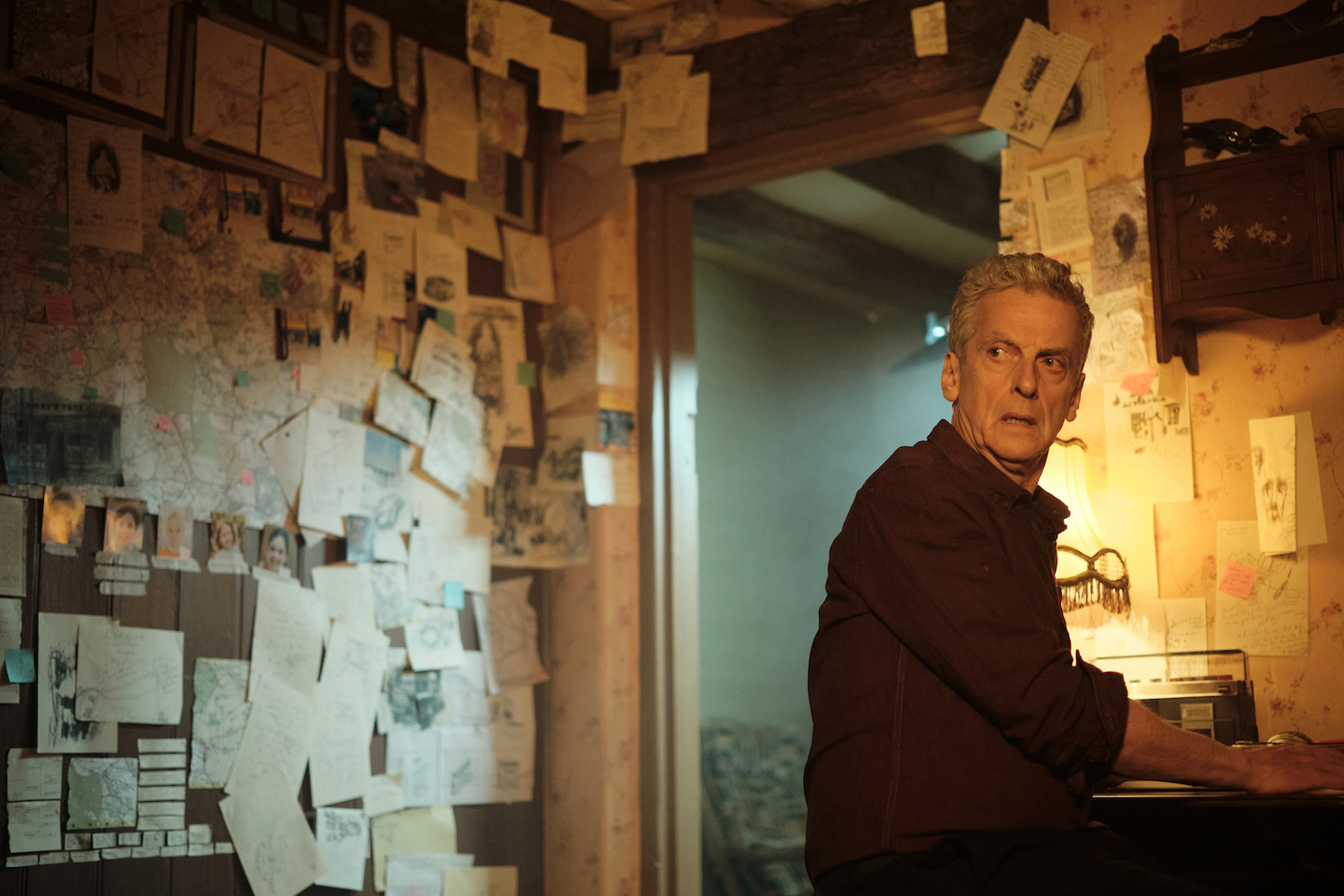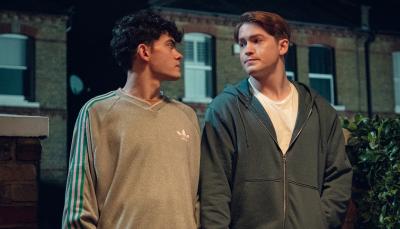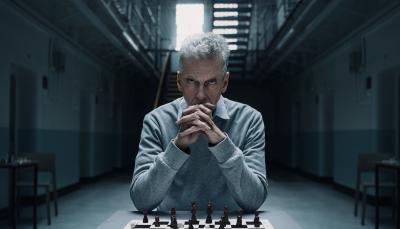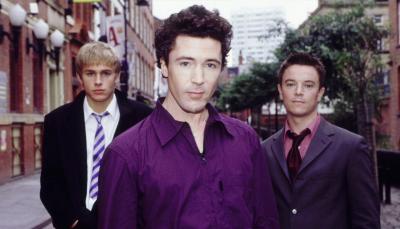'The Devil’s Hour' Season 2 is Too Clever for its Own Good
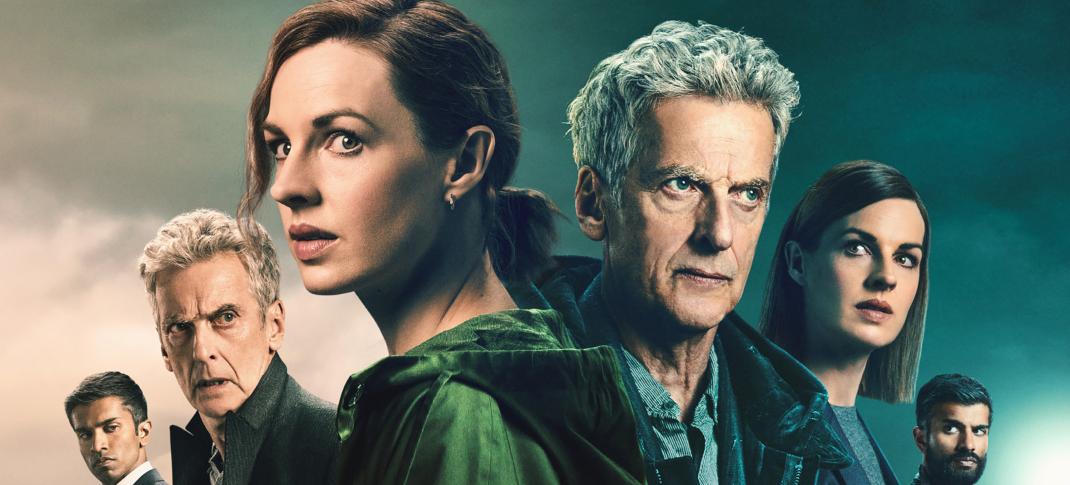
Nikesh Patel, Jessica Raine, and Peter Capaldi in 'The Devil's Hour' Season 2
Amazon Studios
As Halloween approaches, the time-bending psychological thriller The Devil’s Hour Season 2 has the right amount of creepiness for your TV. The new season’s horror-tinged gore and jumpscares make it an atmospheric match for dark autumn evenings, but good luck wading through the overly complex plot. The first season purported to be a fresh, Peter Capaldi-driven crime thriller with a time-bending twist; in reality, it was relatively standard and Capaldi-lite until the last episode, narratively disjointed but grounded in familiar detective tropes starring compelling actors. Season 2 returns with everything dialed up to eleven: more twists, layers, an increasingly dark tone, and far more questions than answers.
Season 1 followed Lucy Chambers (Jessica Raine), a mother whose emotionally distant young son Isaac (Benjamin Chivers) is kidnapped from their home. Lucy and police detective Ravi Dhillion (Nikesh Patel) get swept up in the investigation into Isaac’s disappearance. She finds her son and catches the kidnapper, but he swears he has good intentions. The kidnapper, Gideon Shepherd (Peter Capaldi), claims he has been reliving his entire life in a combination of reincarnation and a time loop. Each time he regains consciousness as a baby, he recalls strangers’ deaths that he learned about in his last life and covertly moves the person out of harm’s way.
Like him, Lucy can also perceive her past lives; this lifetime is the only version in which she has a son, which explains Isaac’s detachment. It would take several thousand words to explain the ins and outs of Gideon’s time-bending story, but Season 1 ends with Gideon escaping from prison, Lucy and Isaac fighting for their lives in a house fire, and a different version of Lucy arriving at the scene of a house fire, this time as a detective.
When Season 2 begins, we are in a different timeline (multiverse?) of Lucy’s life. In this lifetime, she becomes an orphan after her mother dies by suicide and grows up to become a detective. Some familiar faces from Season 1 are back, now with different relationships to Lucy. Ravi is now her detective partner and husband. Isaac’s therapist, Ruby Bennett (Meera Syal), is now Lucy’s childhood therapist, and a new face, Sam Boyd (Saffron Hocking), is another detective working with Lucy.
As the season progresses, Lucy’s life as a detective and her Season 1 version as a mother blend and blur, and Isaac sinks further into his state of not-quite existence. In the timeline where Isaac exists, and Lucy is not married to Ravi, she begins to work with Gideon to investigate a bombing they both know will happen at a toy store soon. For reasons that are never thoroughly demystified, it’s not enough to thwart the bombing. They need to keep the future bombing a secret and fly under the radar of the police to discover the identity of the bomber so that Gideon can stop the bomb in alternate timelines.
The plot is hardly worth mentioning because it is so dense and needlessly complex. The series wants to ask philosophical questions about life, death, existence, and what inherent qualities make a person. However, the characters, Lucy, Isaac, (and Ravi in particular), aren’t drawn in enough detail to stimulate any philosophical musings. A series that intentionally strives to confuse viewers can work in rare instances. But it takes truly compelling characters to ground such a story, and The Devil’s Hour is far too occupied with being clever to be emotionally resonant.
The gradual tone shift in the last few episodes transforms an intriguing, confusing psychological thriller into overdone horror that grows more boring with every scene. Isaac’s creepy-kid schtick and Lucy’s schizophrenic mom Sylvia (Barbara Marten), scarred by their time loops, get old incredibly quickly. Monosyllabic kids and muttering old women are hallmarks of the horror genre. However, they’re also tired tropes that skate too close to harmful depictions of people who are neurodivergent or mentally ill.
The show’s saving grace is, once again, the cast. Jessica Raine and Peter Capaldi dazzle in every moment. Watching how Lucy takes on Gideon’s morally gray desperation as the series unfolds is incredibly delicious. Gideon is a familiar character for Capaldi: an intimidating, duplicitous man with more complex motivations than appear on the surface (see his roles in Torchwood: Children of Earth and Criminal Record, to name a few). Nonetheless, it’s always satisfying to see a great actor do what he does best and downright comforting to hear him lob a few swears a la Malcolm Tucker.
For better or worse, The Devil’s Hour has already been renewed for a third season. It is clear from how nearly invisible threads from Season 1 led to big reveals in Season 2 that the creators have an elaborate story to tell, and that story is far from over. It’s just not clear whether viewers should thank goodness there’s a third season to clear up the previous seasons’ mysteries or dread the even weirder web another season will doubtless weave.
The Devil’s Hour Seasons 1 and 2 are streaming on Amazon's Prime Video.

